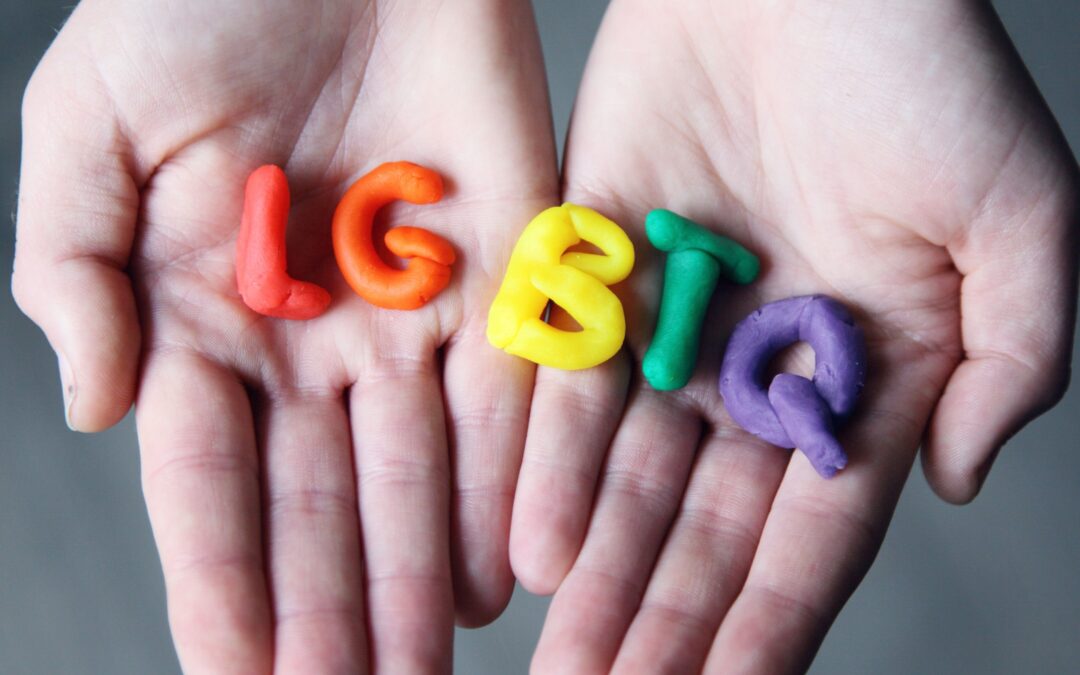Today, October 11, 2019, National Coming Out Day. Whether you’re reading this on or after the day, it’s important to know what to do if your child comes out as LGBTQ (lesbian, gay, bisexual, transgender, questioning/queer). This post will not be about religion, or the debate people still have as to whether or not LGBTQ is right or wrong. Instead, we at Hammond Psychology would like to offer some advice related to your child’s mental state, and how best to handle their coming out strictly from a psychology standpoint.
Listen.
If your child comes out as LGBTQ, the first and most important step is to listen to them. Regardless of any feelings you might be having at the moment, this time is about them and how they feel.
Refrain from saying something along the lines of “I knew it,” “are you sure?” or “this is just a phase.”
Don’t react. Don’t yell. Don’t cry or anything you may be tempted to do. Just take a deep breath and listen to them. Keep in mind that this is really hard for them, and they need a judgment-free zone to express their thoughts.
Re-affirm your love for them.
Once they have told you, it’s important for them to hear that you love them no matter what. Many children fear that their parents will abandon or disown them, or hate them for how they feel. Reassure them that you still love them. Again, resist the urge to say anything along the lines of “even though I don’t agree with it” or “this is bad, but.” Your affirmation of love should not come with conditions in this delicate time.
Ask them if they need support right now.
There is a chance that your child is coming out because they are being bullied at school, or because they are tired of keeping this secret. Ask them what you can do to help them right now. Do they want this to stay between the two of you? Do they want you to help them come out to other members of your family? Do they want to speak to someone other than you about their feelings? Let them know whatever they need, you’ll stand by and support them in their path.
Find someone that you can talk to about your feelings.
While you may be tempted to tell your children how you “really” feel, instead just be there to love and support them. For your own support, find someone that you can talk to about your real feelings if they are not positive. You may want to find a counselor or a support group that you can lean on right now.
Remember, regardless of your feelings, this is a very delicate time for your child. The best thing you can do for them for their mental and emotional health is listen, love, and support them. That’s what anyone coming out to their parents really needs.

